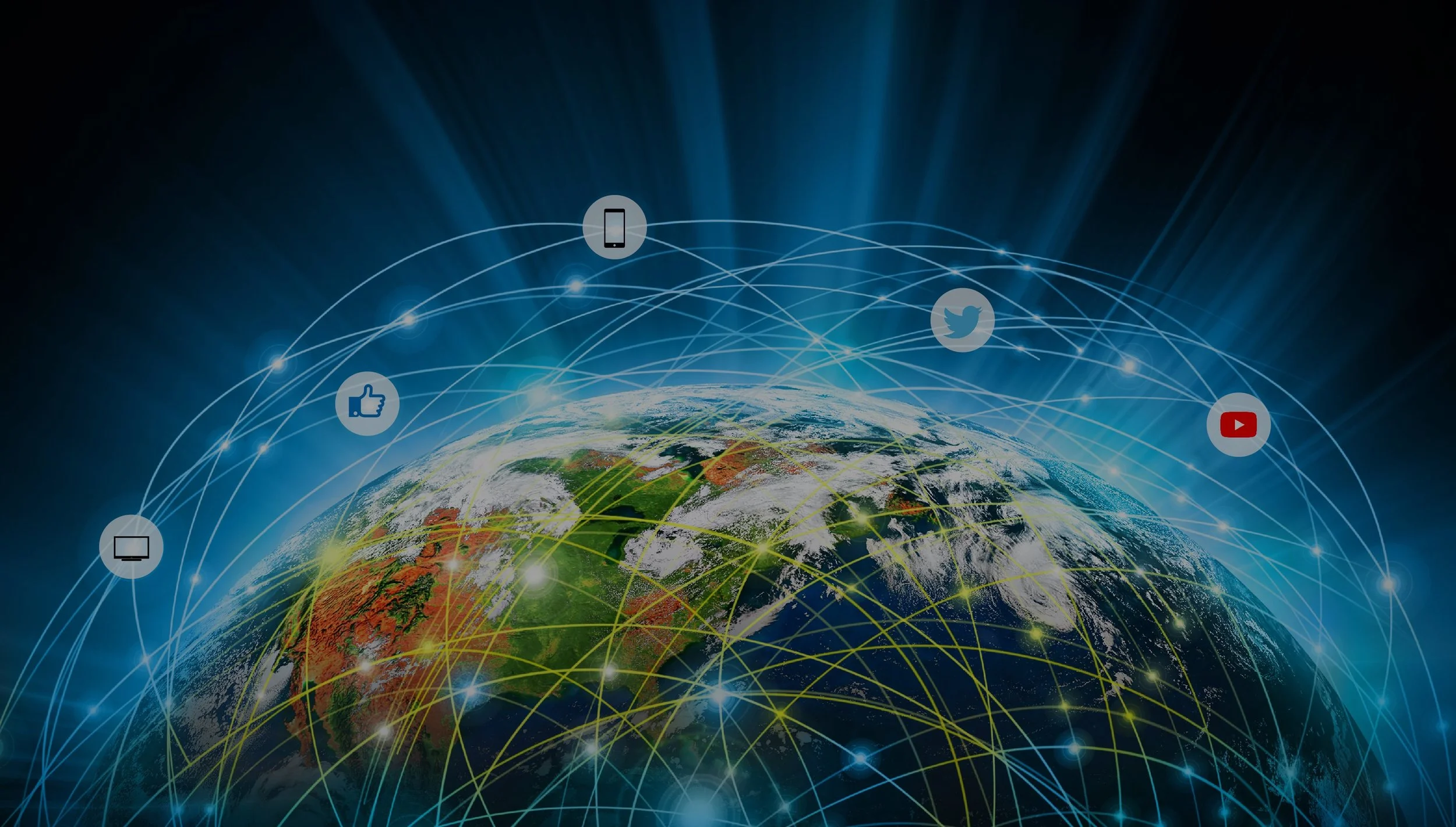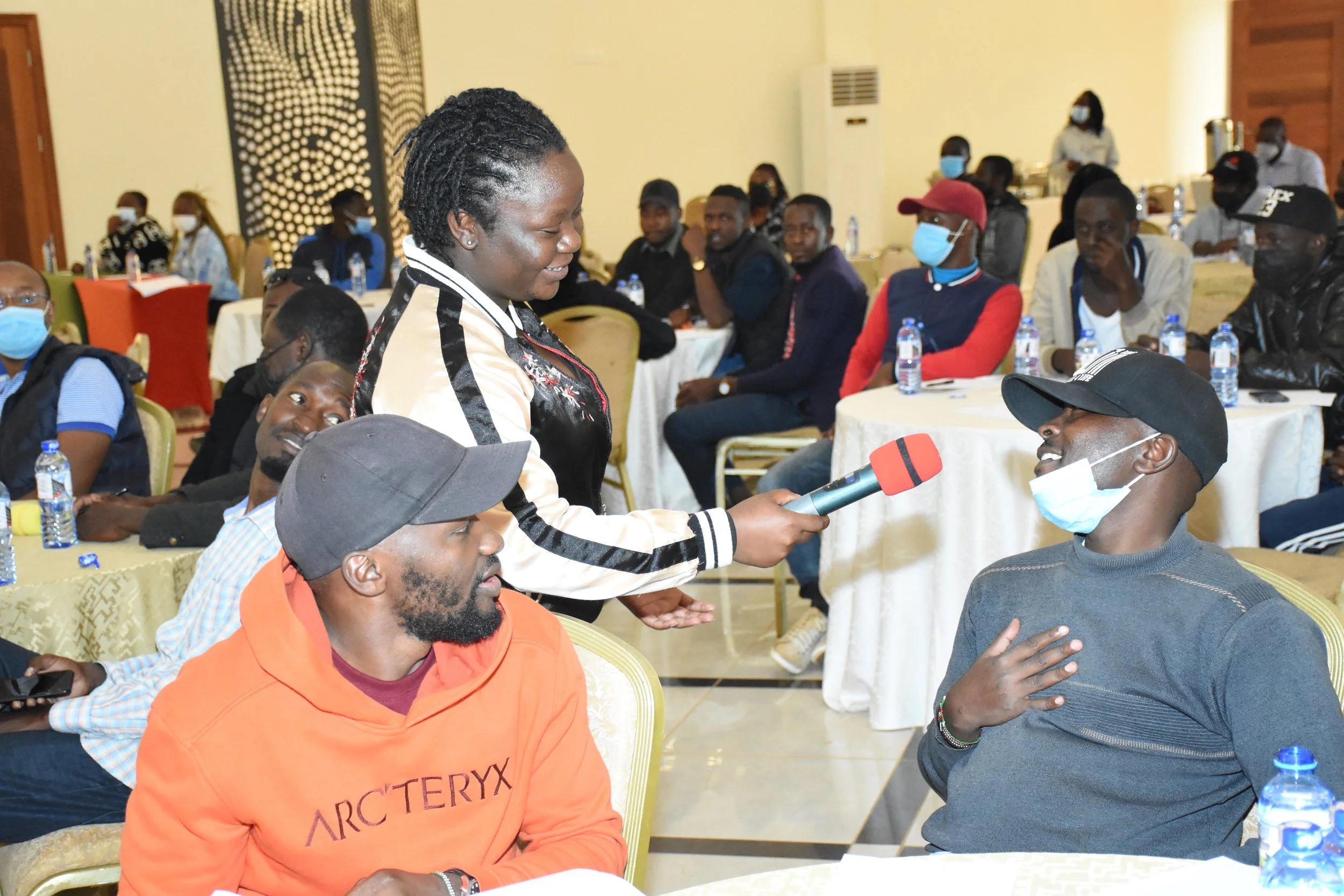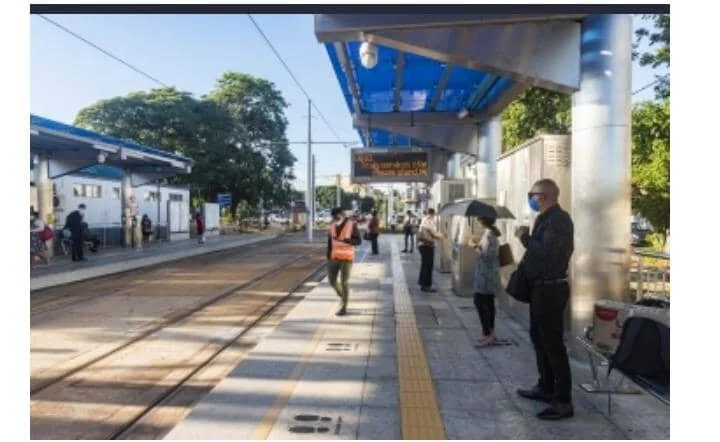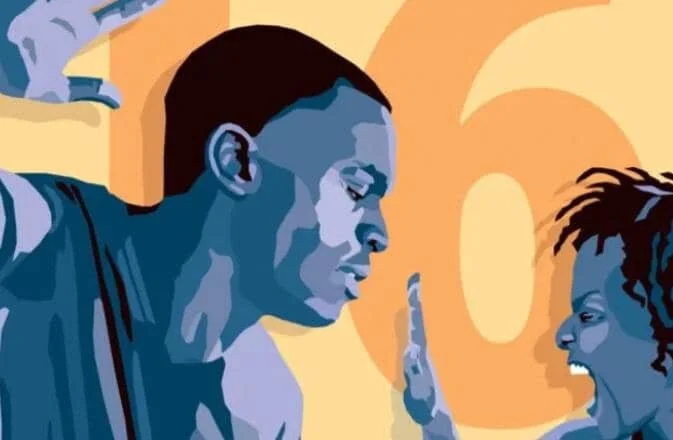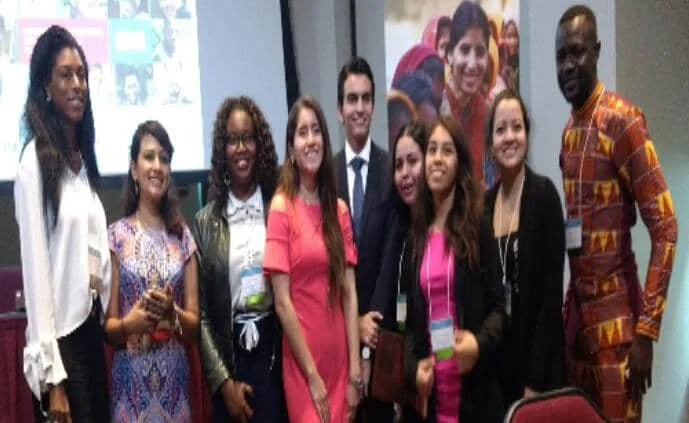The 4th CAETE is scheduled to be held in Changsha, Hunan in June 2025, with over 10,000 participants expected. The event will uphold the guiding principles outlined in President Xi Jinping’s significant remarks on China-Africa cooperation and his congratulatory letter to the 1st CAETE. To implement the “Ten Partnership Actions”, a variety of activities will be organized to bring together governments, local authorities, think tanks, enterprises, and financial institutions from both China and Africa and other parties to deliberate cooperation endeavors. It is expected to make solid progress in fostering high-quality Belt and Road cooperation and an all-weather China-Africa community with a shared future for the new era.
Young People Championing Post Pandemic Futures | Policy Recommendations From The Youth Cafe
During these unprecedented times, it is more important than ever that governments, policymakers, academics, business leaders and civil society come together to find innovative ways of supporting communities and providing hope to younger generations. The pandemic has further highlighted and exacerbated the existing inequalities in our societies, with respect to access to resources, information and power dynamics. Children and young people are among the hardest hit; girls and young women in particular have been disproportionately impacted.
THE ROLE OF ODA IN STRENGTHENING MEDIA INTEGRITY FOR SUSTAINABLE DEVELOPMENT
The DAC defines official development assistance (ODA) as “government aid that promotes and specifically targets the economic development and welfare of developing countries.” Understanding of this definition has changed over time, recognising, for example, the emergence of “non-DAC providers or philanthropic foundations, the diversification of financial instruments for development, or the increasing overlap of development cooperation policy objectives with those of other sectors such as migration and security.”
SHIFTING FUNDING PRACTICES
Build and Share Power: Non-profits and movement leaders have traditionally not been present in rooms where governments and corporations make big structural decisions. This is especially true for black-, indigenous-, and people of color-led organisations, as well as those led by women, young people, and people with disabilities. Funders can help re-balance these inequities. They can achieve this by sharing power with and building power for the social sector, giving more resources directly at the local level to organisations with local leadership and local ownership, and making more robust investments in organizations led by proximate leaders of color. More inclusive decision-making structures and spaces need to be designed.
Unlocking Finance To Build Forward Better From The Covid-19 Crisis & Accelerate Delivery Of Sustainable Development.
The African government's economic crisis over the Covid-19 Pandemic equals (1 to 7)% of their GDP, contributed by African Governments deploying fewer funds and measures for high-quality recovery. At The Youth Café, we believe that there is a need for financial education. This will increase unlocking finance to build forward better from COVID-19 and accelerate delivery on Sustainable Development as intended: To identify effective measures to address the overarching challenge of mobilizing adequate and sustainable finance to invest in sustainable recovery from the COVID-19 crisis and accelerate the implementation of the 2030 Agenda and Agenda 2063. To identify and articulate the financing needs and provide high-level insights on opportunities to mobilize finance, focusing on the role of the Liquidity and Sustainability Facility designed and launched by ECA and partners.
How Does The Youth Café Promote Critical Citizenship Among Youth In Kenya?
The Youth Café trains the youth on civic education driven by result-oriented, evidence-based performance, which informs Our Theory of Change: A Pathway for Action, Sustainability, Results, Learning, and Adoption. These changes include institutional changes, service systems, community norms, partnerships, public will, policies, regulations, service practices, business practices, and issue visibility.
The High-Level Global Conference On Youth-Inclusive Peace process | The Youth Café.
The High-Level Global Conference on Youth-Inclusive Peace Process was held virtually on 20-21 January 2022, co-hosted by Qatar, Finland, and Colombia, and co-organized with civil society and UN partners. It began with a Youth Pre-Event on 19 January 2022, leading up to the Global Conference on 20-21 January 2022. The high-level conference aimed to secure national commitments to advance the country-level operationalization of the Youth Peace Security agenda and strengthen political will and commitment to including youth in peace processes. Interactive and action-oriented discussions convened across five themes building on the Youth Peace Security agenda between Heads of State and other High-Level Government representatives, young peacebuilders, and representatives of intergovernmental organizations, CSOs, academia, and donors.
Social, Environmental Factors Seen Behind Africa’s Low COVID-19 Cases
The pandemic has largely been in a younger age group and has been more pronounced in a few countries, suggesting country-specific aspects are driving the pattern of disease and death. COVID-19 transmission in Africa has been marked by relatively fewer infections, which have been on the decline over the past months, owing to a variety of socio-ecological factors as well as early and strong public health measures taken by governments across the region.
Gender-Based Violence: We Must Flatten The Curve Of This Shadow Pandemic
The 16 Days of Activism, which is powered by grassroots organizations globally, is an opportunity to leverage the renewed sense of urgency COVID-19 has created and propel concrete action against gender-based violence. In the lead up to the International Day commemoration, UN Women has appealed to Member States to make concrete, tangible commitments during the 16 Days of Activism.
Why Is International Youth Day Important?
How do we shift our systems and mechanisms for the opportunity to support youth post-pandemic? There is a lot of collaboration and information sharing among young people and between countries. There is a borderless quality to youth engagement and activity going on right now that is exciting and offers a lot of potentials. Even though we're experiencing a pandemic, there is so much room for youth and PYD, for youth to step up and lead and articulate what kind of future they want. We need to keep this momentum going.



